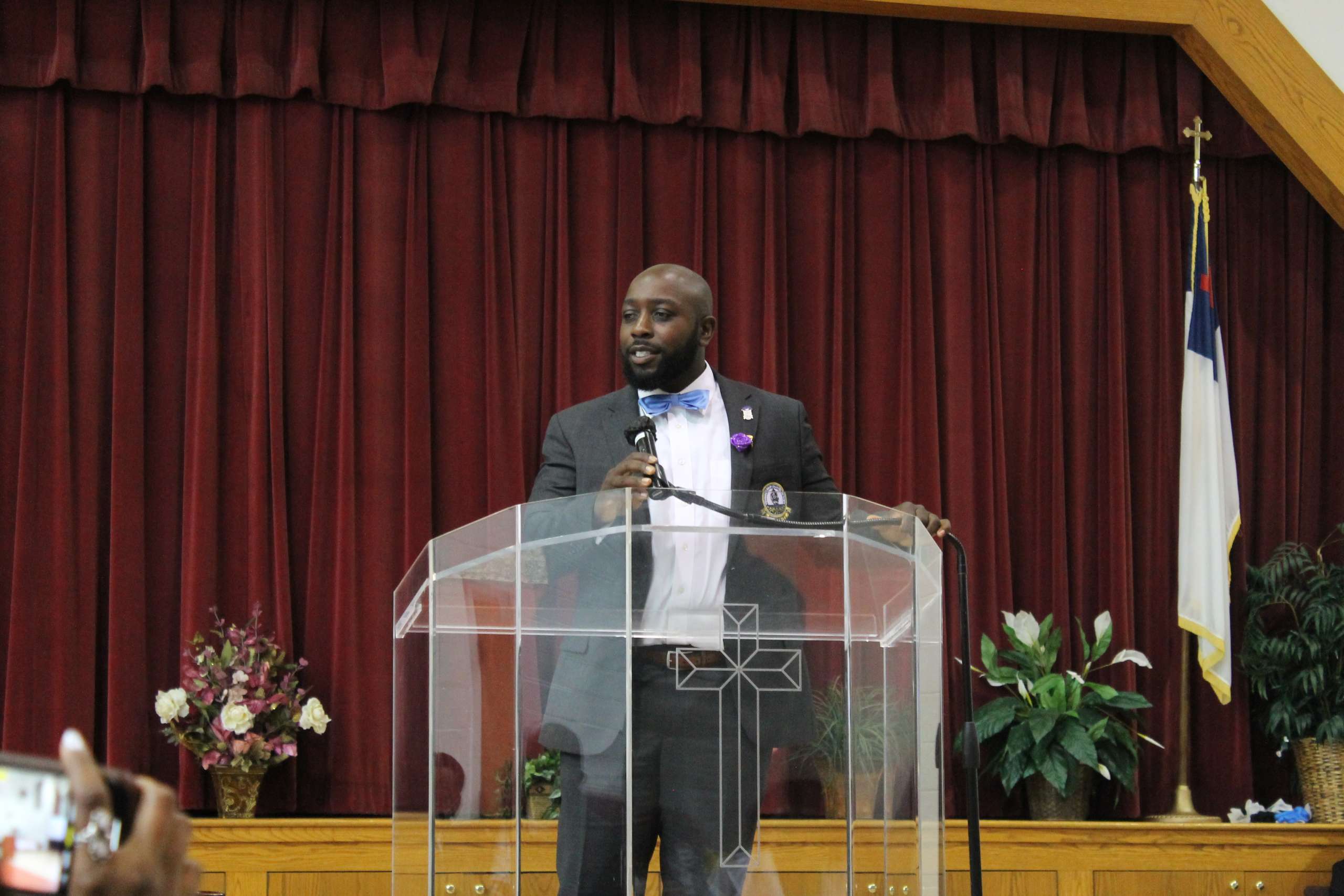Editorial: A Student’s Guide to the Pandemic
The Coronavirus pandemic is getting worse by the day, and there isn’t an end in sight.
The threat that COVID-19 poses has families across the country rightfully terrified. The nation hasn’t dealt with a pandemic of this magnitude in more than a century. People are worried about what this could mean for their jobs. Grocery stores are empty, and the stock marketing continues to plummet. But for students in public school and college, the impact on our future is unpredictable.
Most colleges and universities have moved their classes online, and more schools are continuing to follow that pattern. But this strategy doesn’t account for everyone. Students in different time zones will be required to wake up at 3AM in order to log in to their classes. And what about students from low income families who don’t have internet access?
Luckily, Comcast has made their cheapest plan more accessible and increased its speed. Students whose families can’t afford internet access can now get the plan for free by visiting https://www.internetessentials.com/ to sign up. However, this doesn’t help students in rural areas without broadband.
The plan that most colleges and universities are relying on is poorly developed. It doesn’t take into account students who will not have internet access at home, and it doesn’t acknowledge that these classes were not built to be taken online. Grades will likely be strongly impacted by this, and it could unjustly cause a lot of students who depend on scholarships and merit-based financial aid to lose that financial support.
This is something that schools need to respond to and resolve.
Students from low income families in public school systems depend on free and reduced breakfasts and lunches in order to get through the day, and for some of them, those are the only meals they might get in a day. Fortunately, Prince William County Schools has several locations across the county where they have prepackaged meals available to anyone under the age of 18.
Students in need can visit any of the following locations between 9a.m. and 10a.m. Monday through Friday: Dale City Elementary School; Fitzgerald Elementary School; John D. Jenkins Elementary School; Mullen Elementary School; Tyler Elementary School; Coles Elementary School; Yorkshire Elementary School; Beville Middle School; Graham Park Middle School; Hampton Middle School; Fred Lynn Middle School; Lake Ridge Middle School; Marsteller Middle School; Parkside Middle School; Potomac Middle School; Rippon Middle School; Stonewall Middle School; Woodbridge Middle School; Forest Park High School.
If you know someone in need of these resources, make sure they know about them, and pass along any other resources you are aware of.
College students should focus on staying on top of their work and making sure that they can find the resources necessary to succeed in their online classes. And if you’re really in a position where you can’t, contact your professors and advocate for yourself. It’s not right for schools to hold us accountable for their poor planning, but it’s our job to fight back.
Below is a list of more resources for students impacted by the epidemic:
https://www.cdc.gov/coronavirus/2019-ncov/prepare/managing-stress-anxiety.html
https://edu.google.com/latest-news/covid-19-support-resources/?modal_active=none
http://www.doe.virginia.gov/support/health_medical/office/covid-19.shtml


